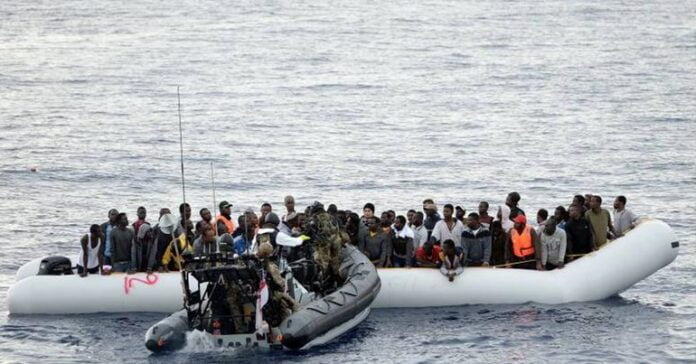The Costly Rwanda Scheme
Home Secretary Yvette Cooper has revealed that the controversial Rwanda scheme, initially launched by the previous Conservative government, cost taxpayers £700 million. This plan, aimed at deterring asylum seekers from crossing the Channel in small boats, faced numerous legal challenges and was stalled, resulting in only four voluntary removals to Rwanda.
Breakdown of Costs
The staggering £700 million figure includes:
- £290 million in payments to Rwanda
- Costs associated with chartering flights that never took off
- Expenses for detaining and subsequently releasing hundreds of people
- Salaries for over 1,000 civil servants working on the scheme
Ms. Cooper emphasised the wastefulness of the scheme, calling it “the most shocking waste of taxpayers’ money” she has ever seen. She also noted that future costs would have been substantial, with the government planning to spend over £10 billion on the scheme over six years.
Criticism and Response
The scheme has faced significant criticism from various quarters. Labour has described it as an “expensive gimmick,” arguing that the plan was ideologically driven rather than practical. Shadow Home Secretary James Cleverly accused Cooper of using “made-up numbers” and defended the scheme as a necessary deterrent to illegal immigration.
Cleverly also criticised the manner in which the decision to scrap the scheme was communicated to the Rwandan government, arguing that it displayed a lack of courtesy. He questioned the alternative measures for handling asylum seekers from countries like Afghanistan, Iraq, and Syria if the Rwanda option was off the table.
Policy Shifts and Future Plans
The government has decided to scrap the Rwanda scheme, projecting savings of £220 million in direct payments to Rwanda and up to £750 million that had been allocated for the scheme this year. Cooper announced plans to reinvest some of these savings into a new Border Security Command, which will bring together Border Force officials, police, and intelligence agencies to tackle people-smuggling gangs.
Home Office staff previously assigned to the Rwanda scheme will be redeployed to work on enforcement and returning failed asylum seekers. The government is also considering legal changes to allow the Home Office to process and clear asylum cases more efficiently, estimating a potential saving of around £7 billion over the next decade.
The Asylum Hotel California
Cooper criticised the previous government’s handling of the asylum system, referring to it as an “asylum Hotel California,” where individuals were placed in taxpayer-funded accommodation but rarely had their cases processed. Under the Illegal Migration Act, decisions could not be taken on many cases, leading to a backlog and ineffective asylum system.
The current government aims to address these issues by changing the law to allow immediate processing of asylum cases, particularly those arriving after March 2023. This move is intended to clear the backlog and reduce the financial burden on taxpayers.
Current Trends and Challenges
Despite the changes, high levels of small boat crossings are expected to persist. So far this year, over 15,000 people have crossed the Channel in small boats, a number higher than the same period in previous years, although there was a drop in total crossings in 2023 compared to 2022.
The Rwanda scheme’s hefty cost and limited success have sparked widespread debate about the UK’s approach to asylum policy. As the government shifts focus to new strategies for handling asylum seekers, the emphasis will be on cost-effective and humane solutions that address the root causes of illegal immigration while maintaining national security.
Further Reading




